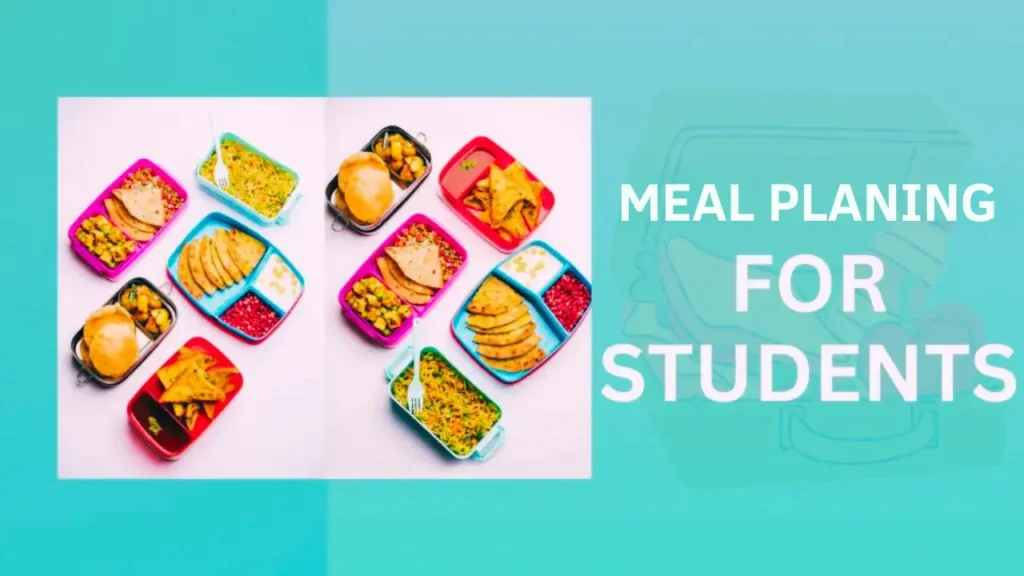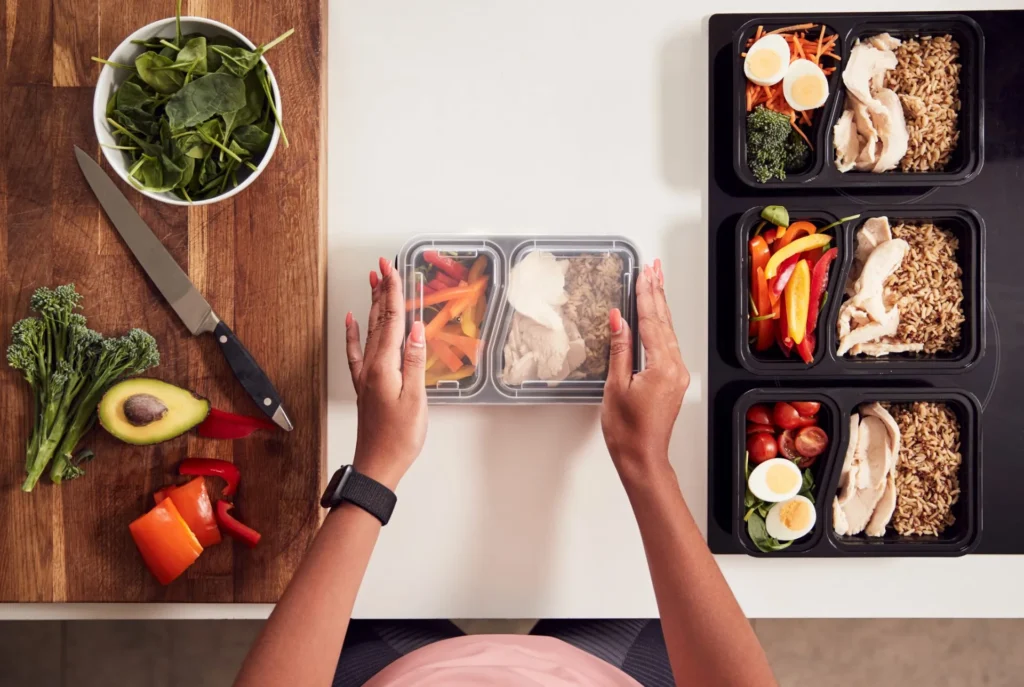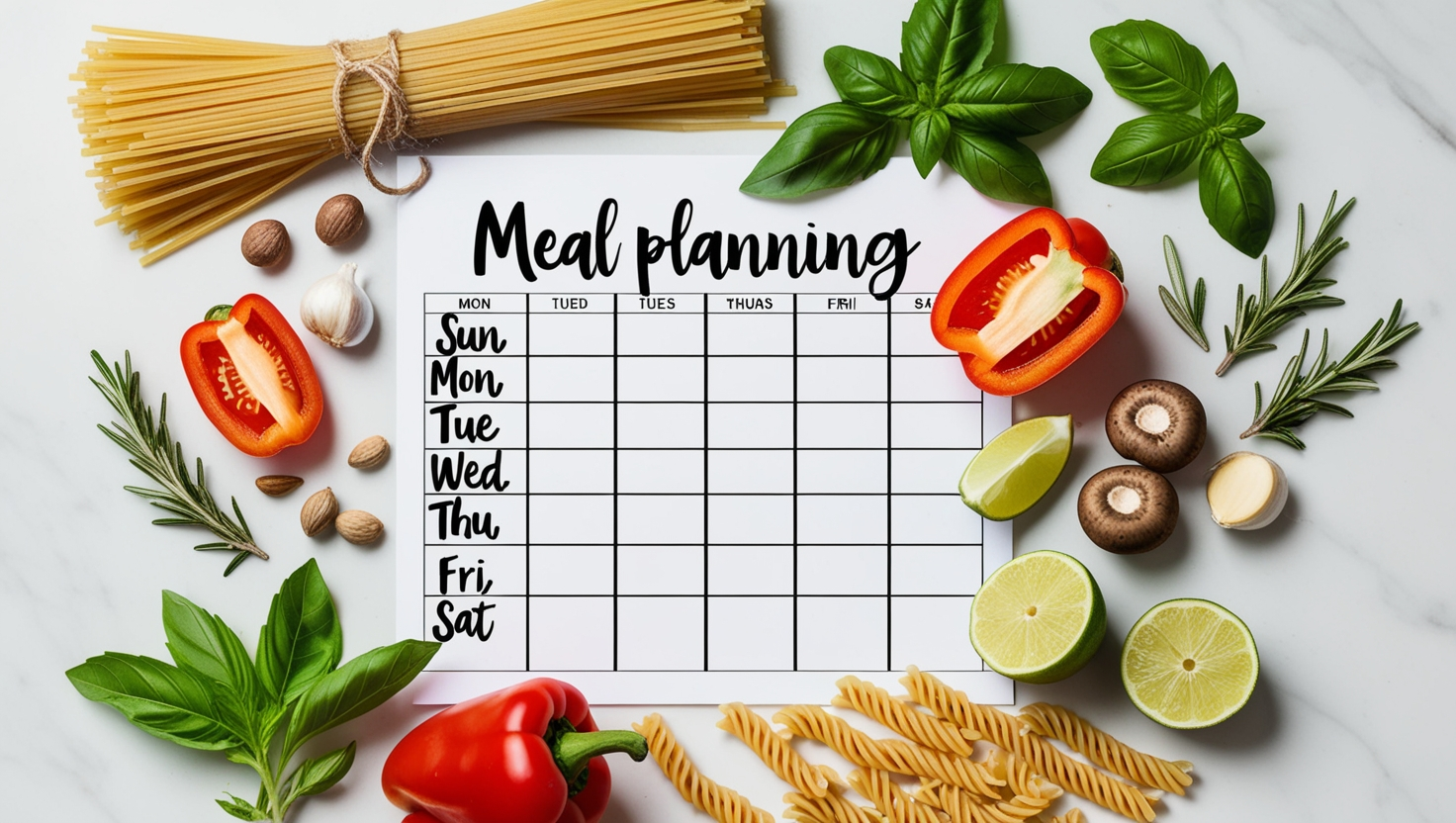
Introduction
As a college or university student, you’re likely juggling classes, assignments, part-time jobs, and social life—all while keeping an eye on your wallet. Eating healthy might seem like a luxury, but it doesn’t have to be. With a little planning, you can enjoy nutritious, budget-friendly meals that fuel your brain and body without draining your wallet.
Why Healthy Eating Matters

Credit: www.integrativenutrition.com
Eating healthy isn’t just about looking good; it’s about feeling good too. A balanced diet can help you:
- Improve concentration: Nutrient-rich foods like fruits, vegetables, and whole grains can boost your brainpower.
- Boost energy levels: Avoid the afternoon slump by fueling your body with sustained energy from healthy meals.
- Strengthen your immune system: A strong immune system, supported by nutrient-rich foods, helps you stay focused on your studies.
- Improve mood: Nutrients like omega-3 fatty acids and vitamin D can enhance mood and reduce stress.
If you’re looking for a detailed resource, check out this 7-Day Healthy Meal Plan on a Budget (Article) for practical tips and recipes.
📝There is a comprehensive guide to healthy food that is economical for students, filled with helpful advice, easy recipes and a budget-friendly eating plan.
1. Smart Grocery Shopping for Students

Credit: www.msn.com
Healthy eating starts at the grocery store. Maximize your budget with these tips:
Plan Before You Shop
- Use a meal planner to create a weekly menu and make a shopping list.
- Shop for sales and discounts by checking store apps or flyers.
Affordable Grocery Staples
- Proteins: Stock up on affordable options like eggs, canned tuna, lentils, and frozen chicken.
- Carbs: Keep pantry staples like oats, rice, and wholegrain pasta on hand.
- Veggies: Choose seasonal produce or cost-effective frozen vegetables.
- Snacks: Look for versatile options like nuts or dark chocolate when they’re on sale.
For versatile, time-saving storage, consider these airtight food containers.
2. Budget-Friendly Meal Ideas

Here are easy, affordable, and nutritious meal ideas:
Breakfast
- Overnight Oats: Use a reusable jar set to mix oats, milk, and toppings for grab-and-go convenience.
- Avocado Toast: Mash fresh avocado on wholegrain bread for a quick, nutritious start.
Lunch
- Lentil Soup: Simmer lentils with carrots, onions, and tomatoes.
- Veggie Wraps: Fill a tortilla with hummus, spinach, shredded carrots, and any leftover protein.
Dinner
- Stir-Fry: Sauté frozen veggies with rice or noodles, adding scrambled eggs or tofu for protein.
- Batch cook these meals and freeze them in meal prep containers to save time during busy weeks.
Snacks
- DIY Trail Mix: Combine nuts, seeds, and dried fruit.
- Greek Yogurt and Fruit: Add a drizzle of honey for sweetness.
3. Time-Saving Cooking Tips for Students

Credit: www.halfyourplate.ca
Balancing healthy eating with a busy schedule is possible with these tips:
- Batch Cooking: Prepare large portions of soups or stews to freeze for later.
- Prep Ahead: Invest in a good knife set for efficient vegetable chopping.
- One-Pot Recipes: Simplify cooking and cleanup with a multi-cooker.
4. Tips for Eating Out on a Budget

- Choose affordable restaurants: Look for student discounts.
- Order wisely: Share meals with friends. Consider bringing your own reusable water bottle to avoid buying expensive drinks.
- Bring your own water: Avoid buying expensive bottled water.
- Share a meal: Splitting a meal with a friend can save you money.
5. How to Stick to Your Budget

Credit: www.radicalfire.com
- Track Your Spending: Use apps like Mint to monitor grocery expenses.
- Limit Takeout: Keep a reusable lunchbox handy for home-prepped meals.
- Reduce Food Waste: Store leftovers effectively using airtight containers.
Conclusion: Take the First Step Today
Eating healthy on a budget doesn’t have to be overwhelming. By planning smartly, shopping strategically, and embracing easy meal ideas, you can enjoy nutritious meals while keeping your finances in check.















